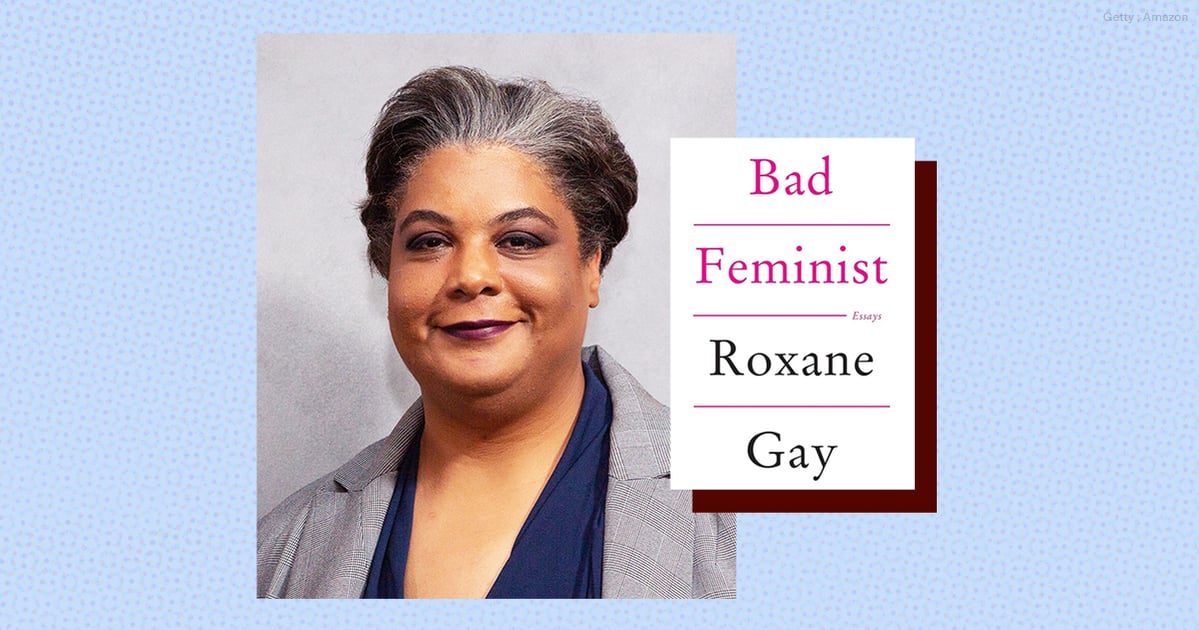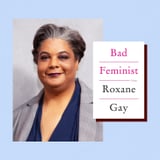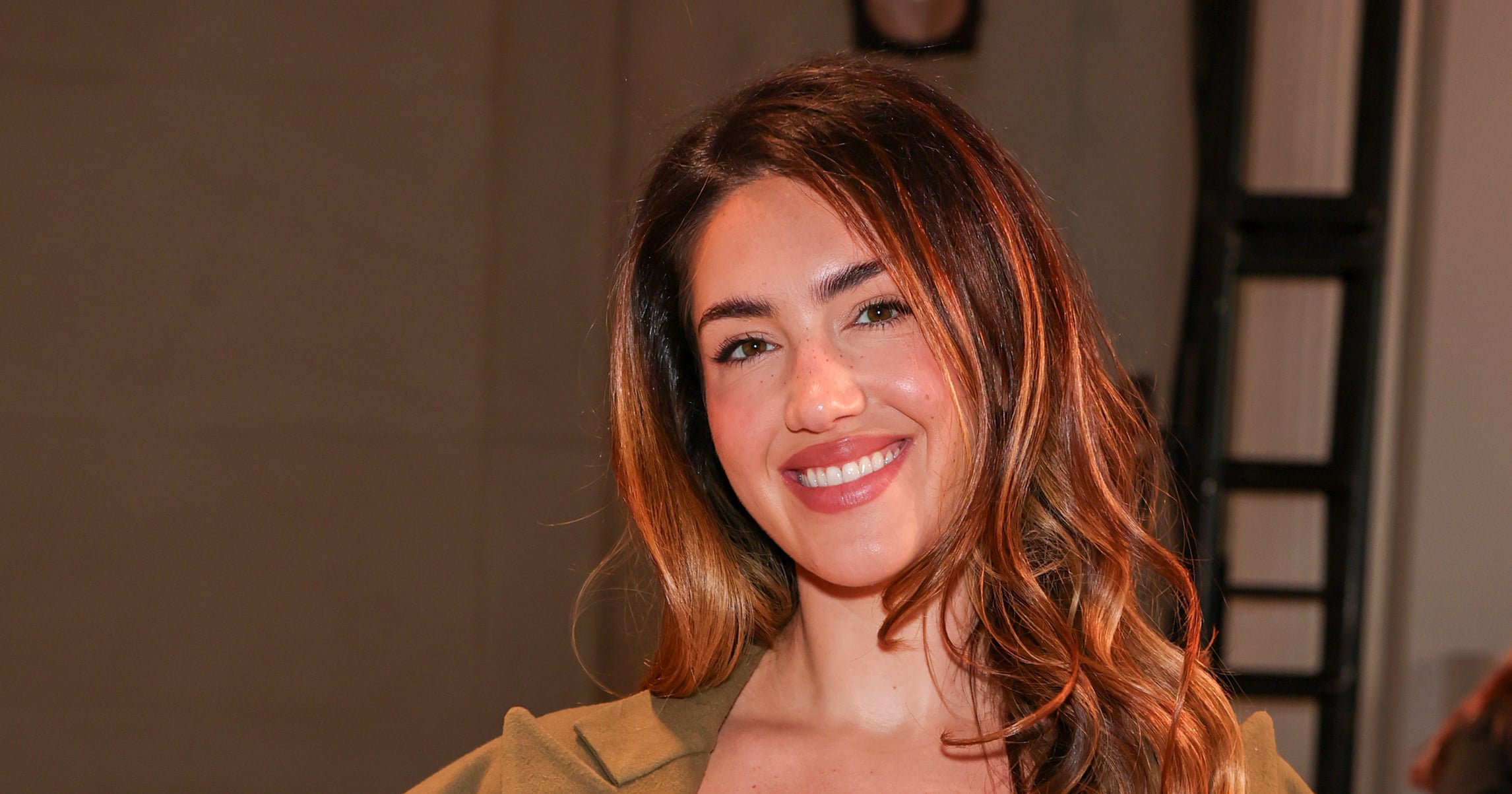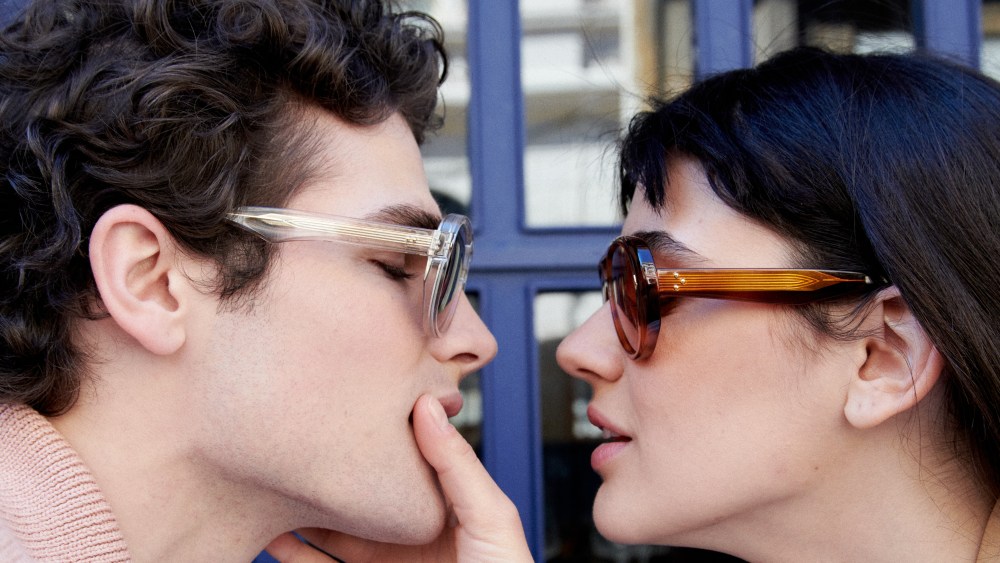Few essay collections have left as big a cultural impact as Roxane Gay‘s “Bad Feminist.” When the author’s compilation of essays was published 10 years ago on August 5, it instantly changed the culture and solidified Gay’s emergence as an urgent and trusted feminist voice.
Fourth-wave feminism, defined by the influence of pop culture, social media, and intersectionality, was becoming mainstream. Several weeks after the book’s release, Beyoncé posed in front of an emblazoned “feminist” sign at the 2014 VMAs declaring herself one. “Bad Feminist” provided an entry point for those who identified with feminist beliefs, but thought their interests – like loving the color pink or owning their sexuality – were incompatible with movement.
For Rebecca Carroll, a writer, editor and radio producer at WNYC, “Bad Feminist” served as “a sister-friend, or a partner in crime that had my back while I continued to figure out what I wanted to say in my writing, and how I wanted to say it.” You could still listen to rap music and watch superhero movies and be a feminist, albeit a bad one.
That’s where “Bad Feminist” succeeded, says Saeed Jones, award-winning poet and author of “How We Fight For Our Lives” and “Alive at the End of the World.” “Roxane’s writing in ‘Bad Feminist’ emboldened me to bridge the gap between [my writing and] my love for pop culture,” Jones says of his friend. Before “Bad Feminist,” there was the implicit doctrine that serious writing “had to have a certain kind of tone and it had to be about a certain type of subject in order to be worthy. If it was about pop culture, then you can write a tweet about that. That’s for social media.”
As Ashley C. Ford, author of the memoir “Somebody’s Daughter,” puts it, “Bad Feminist” helped her have conversations about feminism and gender equality at parties that didn’t dampen the mood. “It gave me some good questions to ask so that it’s more interesting than inducing defensiveness,” she says.
In these last ten years, we’ve seen a great exaltation of women and of feminist theory, and we’ve also seen the backlash to that which has come fierce.
A decade later, the idea of bad feminism remains relevant. “When you think about that book in tandem with where we are politically in this country, it is so apparent that, in these last ten years, we’ve seen a great exaltation of women and of feminist theory, and we’ve also seen the backlash to that which has come fierce,” Ford continues.
Though so much has changed since “Bad Feminist,” – #MeToo, Donald Trump’s presidency, and the fall of Roe vs. Wade – Gay herself is troubled by the enduring relevance of many of the essays therein. “It’s really frustrating to see that not only do the essays in ‘Bad Feminist’ hold up, but we’re still dealing with most of those things and some of them are worse, like reproductive freedom rights here in the United States,” she tells PS.
“I think a lot of us have thought, ‘Oh, I’m not good enough’ or ‘I’m not consistent enough’ or ‘I’m not militant enough to be a feminist,’ and that’s simply not true,” Gay adds. “We’re all human and we’re all doing the best we can.”
UK-based film critic and author Hanna Flint likens “Bad Feminist” to America Ferrera’s character’s famous “Barbie” monologue about how exhausting it is to be a woman.
“I don’t think you get that speech in ‘Barbie’ without ‘Bad Feminist,'” she says. Though criticized for its oversimplification of feminism, the famous “Barbie” monologue – in which Ferrera’s Gloria powerfully speaks about the perils of womanhood in modern society – was revolutionary for those who had never seen their double-bind experience as a woman crystalized in the mainstream. In that way, “Bad Feminist” perhaps influenced some of the ideas in Greta Gerwig’s “Barbie” a decade later.
Flint’s own book, “Strong Female Character: What Movies Teach Us,” took inspiration from “Bad Feminist” in the “deeply personal, vulnerable and funny [way] Gay writes about her life, from assault to body image and relationships. Even playing Scrabble [in which Gay writes about competitive Scrabble playing] was so relatable and engaging to me, especially when using pop culture and art to understand herself and the world better.”
Jones agrees, telling PS that Black representation on screen, in particular, has seen a tangible change since “Bad Feminist.” For example, “Bad Feminist” preceded the “ethnic casting” trend on primetime TV, with shows such as “Black-ish,” “Fresh Off the Boat,” and “Jane the Virgin” debuting the year after. The same was true on the silver screen, with #OscarsSoWhite trending in 2015. While these changes were not a direct response to “Bad Feminist,” as Jones says, they’re “a testament to Roxane’s own writing, as it is to her vision and sense of what was going on in the culture. She created conditions for some changes, and she has a brilliant instinct for acknowledging the changes that are already happening.”
On August 6, “Bad Feminist” will be reissued for its 10th anniversary. Gay stands by the existing text as “an artifact of the thinker and writer I was at the time.”
Still, having grown as a person and writer, she wishes she wrote more about accountability to curtail the co-opting of the term for nefarious reasons. “Some people took it as a carte blanche to call themselves a feminist and do whatever they want. That’s not what I was going for at all.” she says. “How do we have these flaws and these inconsistencies but also hold ourselves accountable and try to be better? I would like to believe I’m a better feminist [since then], but definitely still bad. A better bad feminist.”
Scarlett Harris is a culture critic and the author of “A Diva Was a Female Version of a Wrestler: An Abbreviated Herstory of World Wrestling Entertainment.” You can read her previously published work on her website and through her Substack, The Scarlett Woman.




